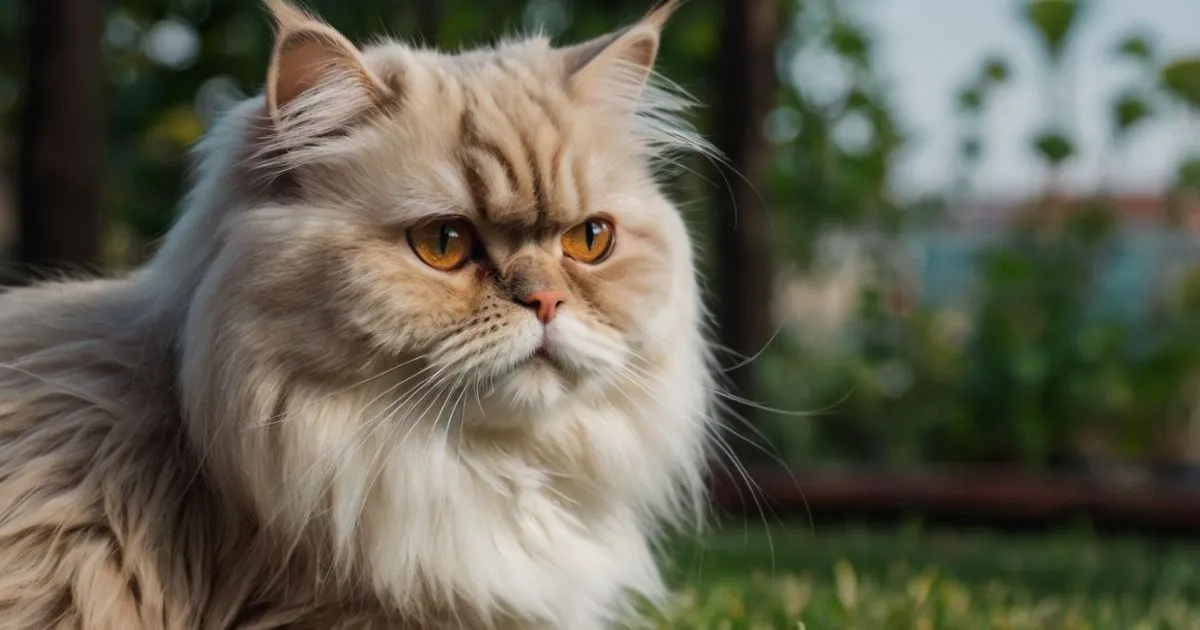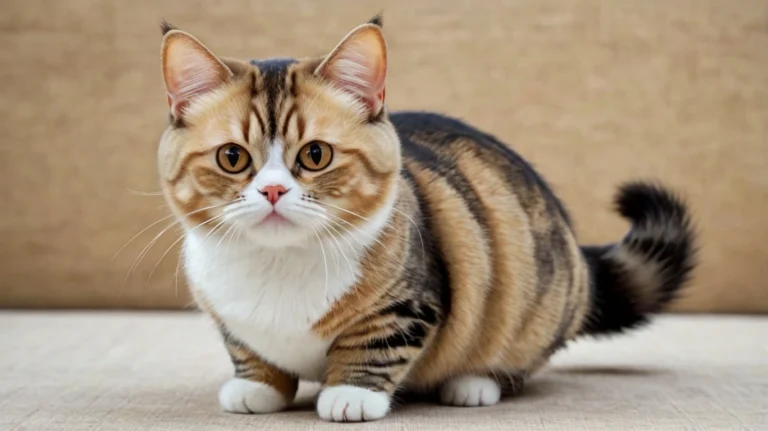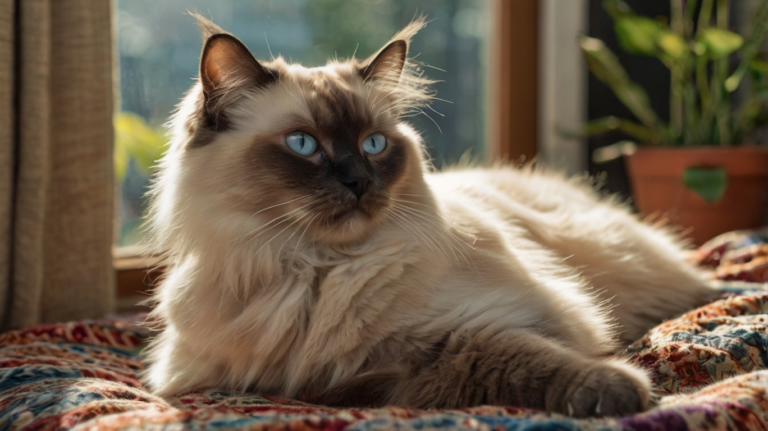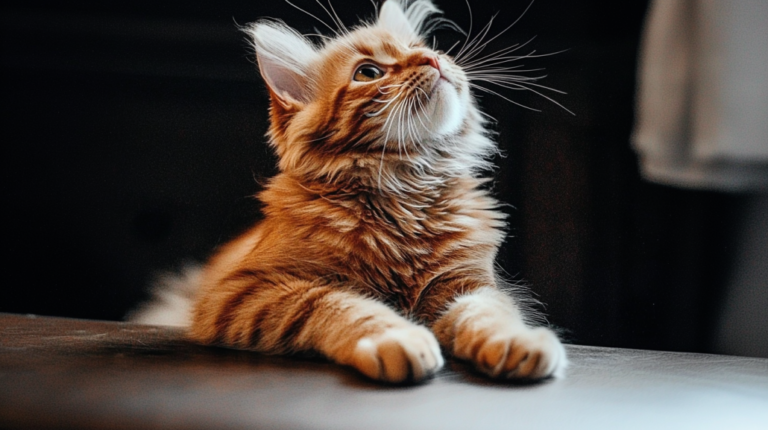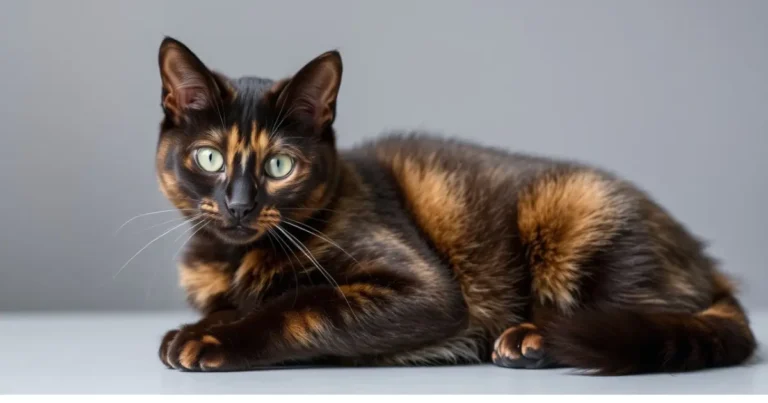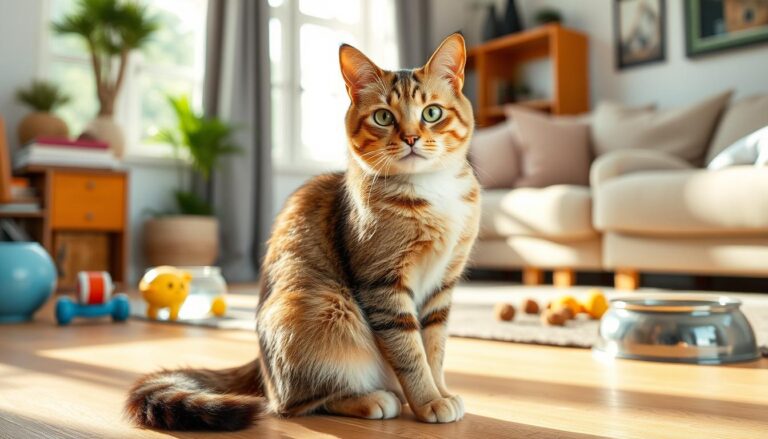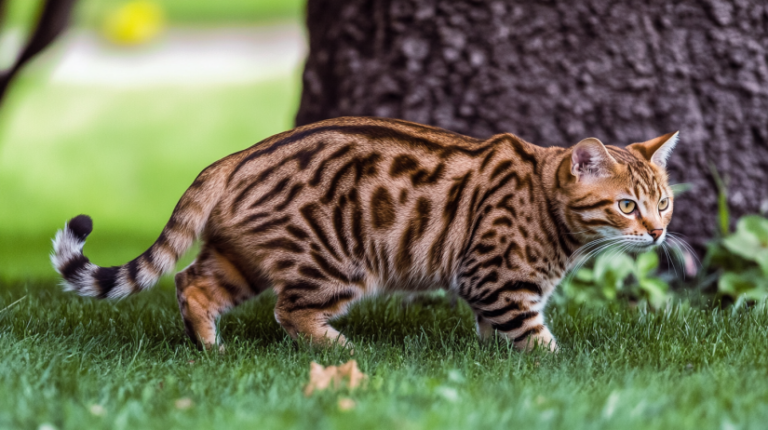Persian Cat Care 101: Essential Tips for Grooming, Feeding, and Health
Few pets are as captivating as Persian cats, with their lavish coats and enchanting eyes. But owning a Persian cat means embracing a unique level of care. They need regular grooming, special diets, and health checks. If you’re thinking about adopting a Persian or want to ensure you’re caring for yours in the best way possible, this guide will walk you through all you need to know.
| Attribute | Details |
|---|---|
| Official Name | Persian Cat |
| Common Name | Persian |
| Pet Height | 9-11 inches |
| Pet Weight | 7-12 pounds |
| Lifespan | 12-17 years |
| Smartness Level | Moderate |
| Engagement in Play | Low |
| Human-Friendly | Very Friendly |
| Animal-Friendly | Friendly |
| Favorite Food | Fish, Chicken, Wet Food |
Table of Contents
Understanding the Unique Needs of Persian Cats
Persian cats are special. They have a unique look and a calm nature. But, their flat face and thick fur need extra care.
They can get sick easily and their fur needs regular grooming. Knowing what Persian cats need helps you take good care of them.
Why Persian Cats Need Specific Care
Persian cats are famous for their soft, long fur and calm nature. They have round faces and love to be close to people. But, they need special care because of their unique looks and personalities.
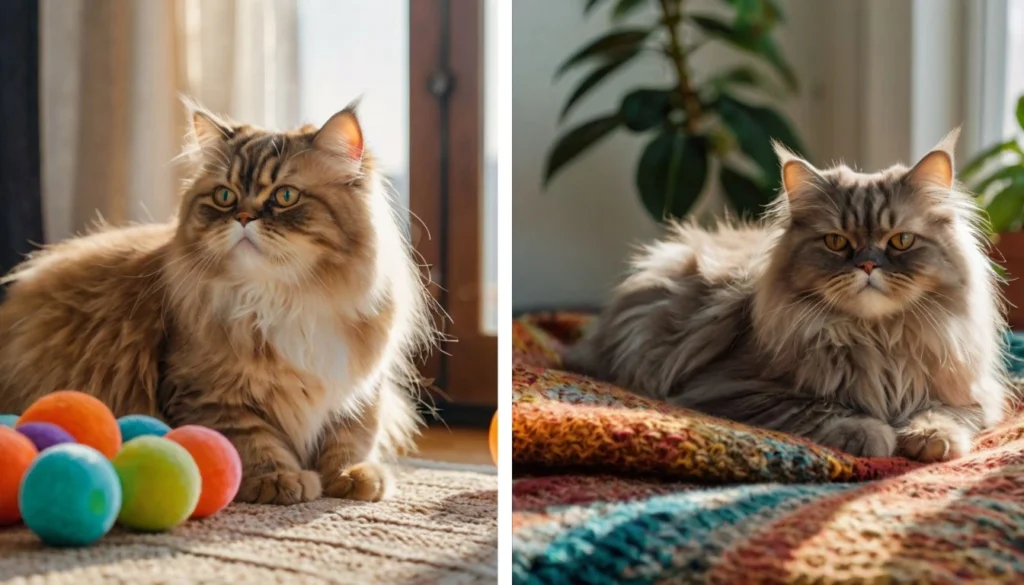
Dense, Long Fur
Their fur is fluffy but needs daily grooming. This prevents mats, shedding, and skin problems. Keeping their fur clean is key to their comfort and health.
Flat Face and Respiratory Concerns
Their flat faces are cute but cause breathing and eye issues. They need careful eye care and health management to stay well.
Eye Health
Their face shape leads to tear overflow, causing stains and irritation. Cleaning their eyes regularly helps prevent infections and keeps them comfortable.
Sedentary and Gentle Nature
Persian cats are calm and love to stay indoors. They need gentle play and mental challenges to stay healthy and avoid weight gain.
Health Predispositions
Persian cats can get diseases like PKD and dental problems. Regular vet visits and care are important to keep them healthy and happy for a long time.
Grooming Your Persian Cat
Keeping a Persian cat clean is key to their health and happiness. Their long, dense coats need regular grooming. This helps reduce shedding and prevent matting.

Daily Brushing and Coat Care
Brushing your Persian cat’s coat every day is crucial. It prevents tangling and matting, which can be uncomfortable. Use a bristle brush or a de-shedding tool for long-haired cats to gently remove loose hairs.
- Recommended Tools: A bristle brush and de-shedding tool are essential. Keep a comb handy for delicate spots, like under the legs.
- Tip: Brush at the same time every day and reward your Persian with a treat.
Bathing Routine
While some cats keep themselves clean, Persian cats often need regular baths. Bathing helps manage their fur oils, keeping it silky and reducing shedding. Aim for a monthly bath, using a gentle, hypoallergenic cat shampoo.
- Frequency: Bathing monthly helps keep their coat healthy.
- Products: Use hypoallergenic shampoos made for cats. Stay away from products with strong smells or harsh chemicals.
Eye and Ear Care
Persian cats often get tear stains near their eyes. These stains can be unattractive and may cause infections if not cleaned. Clean their eyes every day with a soft, damp cloth or pet-safe wipes. Also, check their ears regularly for any signs of wax buildup or infections.

Feeding Your Persian Cat for Optimal Health
A balanced diet is critical to your Persian cat’s overall health. Because of their tendency to gain weight and have urinary issues, give them the right food.
Choosing the Right Food
High-quality cat food is essential for a Persian’s diet, as it can help prevent common health problems like hairballs and digestive issues. Look for a food that’s rich in protein, with moderate fat content, and formulated specifically for long-haired or flat-faced breeds.
- Nutrition Needs: Persian cats do well with a diet high in protein and moderate in fats. Carbohydrates should be minimal, and ingredients should ideally be easy to digest.
- Special Considerations: Hairballs are common in Persians, so a food that helps with hairballs is a good choice.
Feeding Schedule and Portion Sizes
Consistency is important when it comes to feeding.Don’t leave food out all day; set feeding times instead. Most adult Persian cats benefit from two meals a day, while kittens may require more frequent, smaller meals.
- Portion Guide: Refer to the feeding guidelines on your cat food’s label, adjusting for your cat’s age, weight, and activity level.
Hydration Tips
Persian cats need plenty of water to help prevent urinary issues, which they can be prone to. Cats often like moving water, so a water fountain can help them drink more.
- Tip: Place more than one water bowl around your home to encourage drinking.
Health Care Essentials for Persian Cats
Persian cats face certain health issues because of their unique body type. Regular check-ups with the vet help keep your cat happy and healthy.
Regular Veterinary Checkups
It’s crucial to take your Persian cat to the vet regularly. They’re at risk for polycystic kidney disease (PKD), dental issues, and breathing problems. Early detection of these problems is possible with regular vet visits.
- Vaccination Schedule: Follow your vet’s advice on vaccinations to protect your Persian from common diseases.
- Health Screenings: Regular checks for kidney and dental health are recommended due to their higher risk factors.
Common Health Issues and Prevention
It’s important to be prepared and proactive about health issues.
- Respiratory Issues: Persian cats with flat faces may have trouble breathing, especially in hot weather. Keep your space fresh and avoid overexerting yourself.
- Dental Care: Regular brushing or dental treats can prevent plaque buildup and gum disease.
- Kidney Health: PKD is common in Persian cats. Feeding a kidney-friendly diet and regular vet checkups can help.
Home Monitoring and Red Flags
Watch for any changes in your Persian cat’s behavior, appetite, or appearance. Signs like increased thirst or unusual eye discharge can indicate health issues.
Making your home more comfortable for your Persian
Your Persian cat’s environment is crucial for their well-being. Create a calm, enriching space that meets their needs to reduce stress and improve their life quality.
Setting Up a Cozy Space
Persian cats love comfort and appreciate a dedicated, cozy spot. Set up a soft bed in a quiet corner for them to retreat to.
- Essentials: Provide a bed, scratching post, and toys to keep them occupied. Make sure they can easily access their food, water, and litter box.
Mental and Physical Stimulation
Persians may be calm, but they still need mental and physical activity to stay happy and healthy. Playing together is a fun way to connect with your cat.
- Toy Recommendations: Try feather wands, interactive balls, or catnip toys to keep your cat entertained without much effort. Rotate toys often to keep your pet engaged.
Frequently Asked Questions about Persian Cat Care
Here are answers to some common questions about Persian cat care:
- Are Persian cats high-maintenance? Yes, they require more grooming and health monitoring than some other breeds.
- How often should I groom my Persian cat? Brushing your pet often helps with mats and shedding.
- What’s the right food for Persian cats? Choose high-quality, protein-rich food that’s low in carbs.
- How can I keep my Persian cat’s face clean from tear stains? Use a damp cloth or pet wipes to clean their eyes daily.
- What health issues are common in Persian cats? They’re prone to respiratory issues, dental problems, and kidney disease. Regular vet visits are essential.
Conclusion: Ensuring a Happy, Healthy Life for Your Persian Cat
Providing the best care for your Persian cat is rewarding. By grooming them, feeding them right, and watching for health issues, you ensure a life of comfort and love. Create a safe, healthy environment for them. Persian cats need extra care, but the joy they bring is worth it. Enjoy these daily routines to bond and care for your Persian, and you’ll have a loyal, loving companion.

